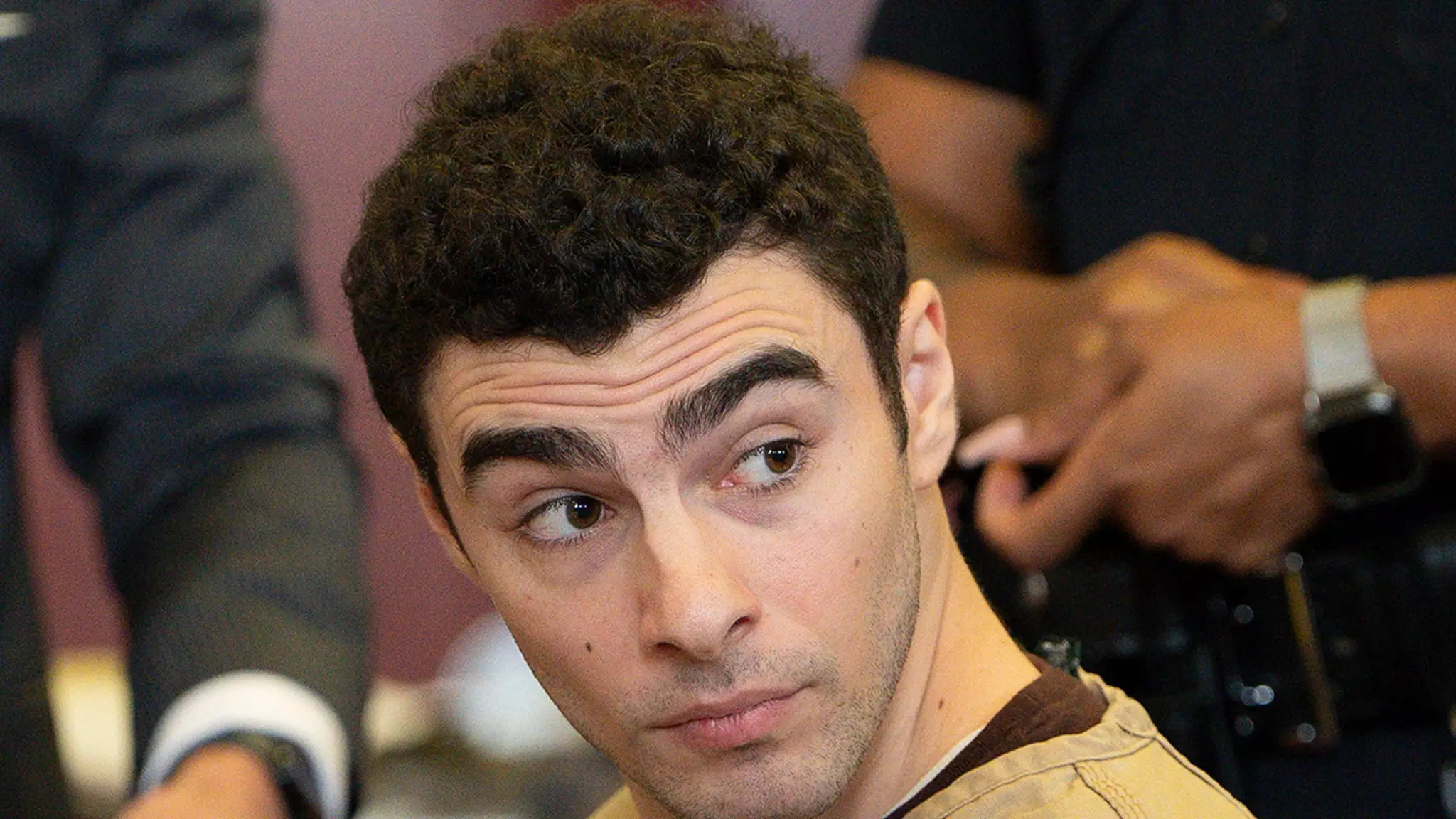The battle surrounding Luigi Mangione’s indictment exemplifies a systemic issue within the pursuit of justice in high-profile cases: the danger of prosecutorial overreach and the erosion of fair trial standards. Instead of focusing purely on the evidence, the state’s legal machinery appears to be leveraging a political climate obsessed with “tough-on-crime” rhetoric, arguably at the expense of due process. The defense’s detailed claims point to a deeply troubling pattern of misconduct, raising serious questions about whether the process has been compromised from the outset. When authorities leak sensitive investigative information, stage media spectacles, and prejudicially publicize their political stance, they distort the presumption of innocence—a cornerstone of American justice.
The allegations against law enforcement and government officials serve as a potent reminder that justice is not served by spectacle or political posturing. Instead, it demands impartiality and fairness, principles that seem to have been overshadowed in this case. The repeated claims that Luigi’s rights have been “intentionally violated” and that the indictment is “unconstitutional” strike at the very integrity of the judicial process, suggesting that the system may be swayed more by public opinion and political interests than by solid evidence and legal standards.
The Media’s Role in Poisoning the Well
One of the most troubling aspects of this case is the role of media and public figures in shaping perceptions before a fair trial can even commence. The denunciations by high-ranking officials, such as Attorney General Pam Bondi, introduce a prejudicial environment that undermines Luigi’s right to a presumption of innocence. Their inflammatory statements, which describe him as a “pre-meditated assassin” and frame his case within a political narrative, do not belong in the courtroom or the courtroom’s environs; instead, they serve to influence potential jurors and sway public opinion.
This kind of conduct is reckless. When publicly available statements are so overtly prejudicial, they threaten to contaminate the jury pool, making it impossible to conduct a fair trial. The legal principle requiring an impartial jury relies heavily on the assumption that individuals can form opinions based solely on evidence presented in court—not on media spin or political statements crafted long before the court proceedings even begin.
The Ethical Quandary in Heavyhanded Law Enforcement
The allegations of law enforcement staging displays of force and leaking investigation details highlight a bigger ethical dilemma. These tactics, such as the staged perp walk, are not only heavy-handed but also dehumanizing. Such displays, reminiscent of authoritarian regimes rather than a free legal society, fundamentally distort the image of the accused in the eyes of the public and potential jurors alike.
More than that, these tactics threaten the integrity of the judicial process. They prioritize visual intimidations and sensationalism over factual investigation and legal procedure. The supposed purpose of such displays—projecting strength—comes at the expense of fairness, risking the possibility that Luigi Mangione’s trial will become a spectacle more than a search for truth.
The Political Climate and Its Impact on Justice
It’s impossible to ignore the broader political context fueling this case. The connection between the prosecution’s aggressive pursuit and political narratives is undeniable. The statement from the Attorney General about seeking the death penalty “as we carry out President Trump’s agenda” indicates a politicization that challenges the very foundation of judicial objectivity. When judicial decisions are intertwined with political ambitions, the impartiality that justice demands is critical compromised.
The promotion of harsh punishments like the death penalty in such a politically charged environment risks turning legal proceedings into tools of political warfare rather than genuine attempts to ascertain truth and uphold justice. These circumstances threaten to overshadow the individual rights of Luigi Mangione and cast doubt on whether any verdict reached will truly be just.
The Danger of Prejudice in Judicial Proceedings
Perhaps most fundamentally troubling is how the case exemplifies a breakdown in the presumption of innocence—the bedrock of fair trial standards. The relentless political rhetoric, public shaming tactics, and media spectacle threaten to pre-judge Luigi, making an impartial adjudication exceedingly difficult. When those entrusted with justice publicly declare guilt or infer it through their words or actions, it puts the entire system at risk.
In a just society, every individual must be afforded the right to a fair hearing, free from pre-judgment and prejudice. When institutions and officials overstep their boundaries, they not only jeopardize any possible truth emerging but also undermine the moral authority of the justice system. Luigi Mangione’s case vividly illustrates how political and media pressures can distort justice’s foundational principles, leaving the integrity of the process itself in profound doubt.

